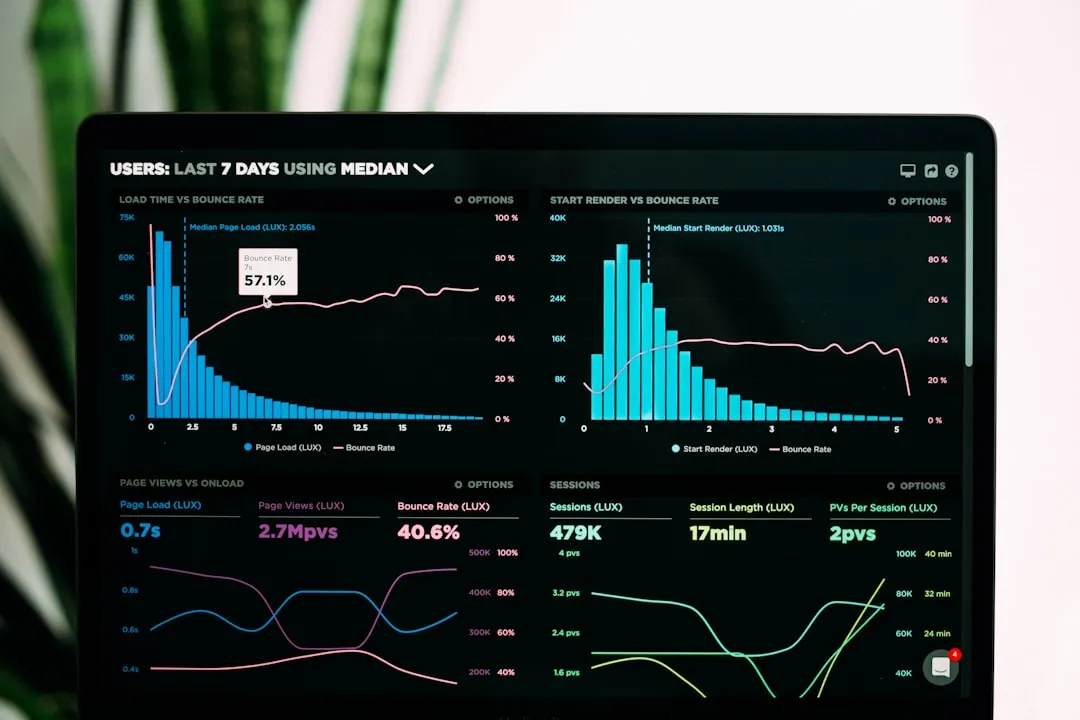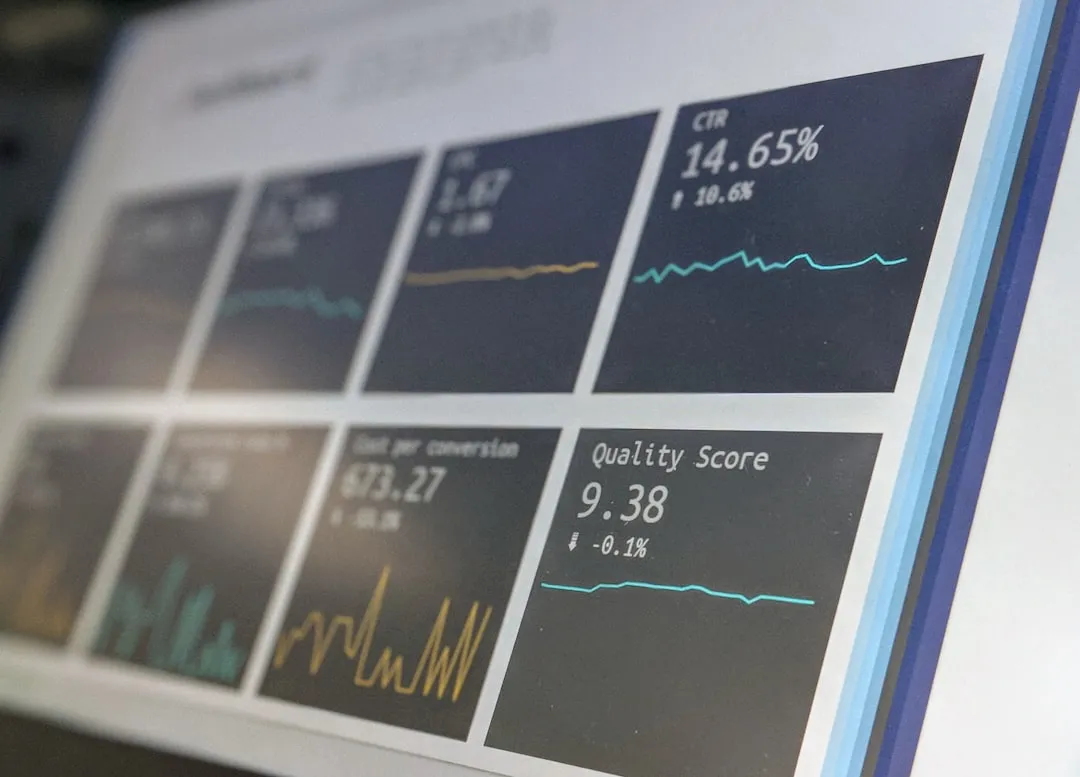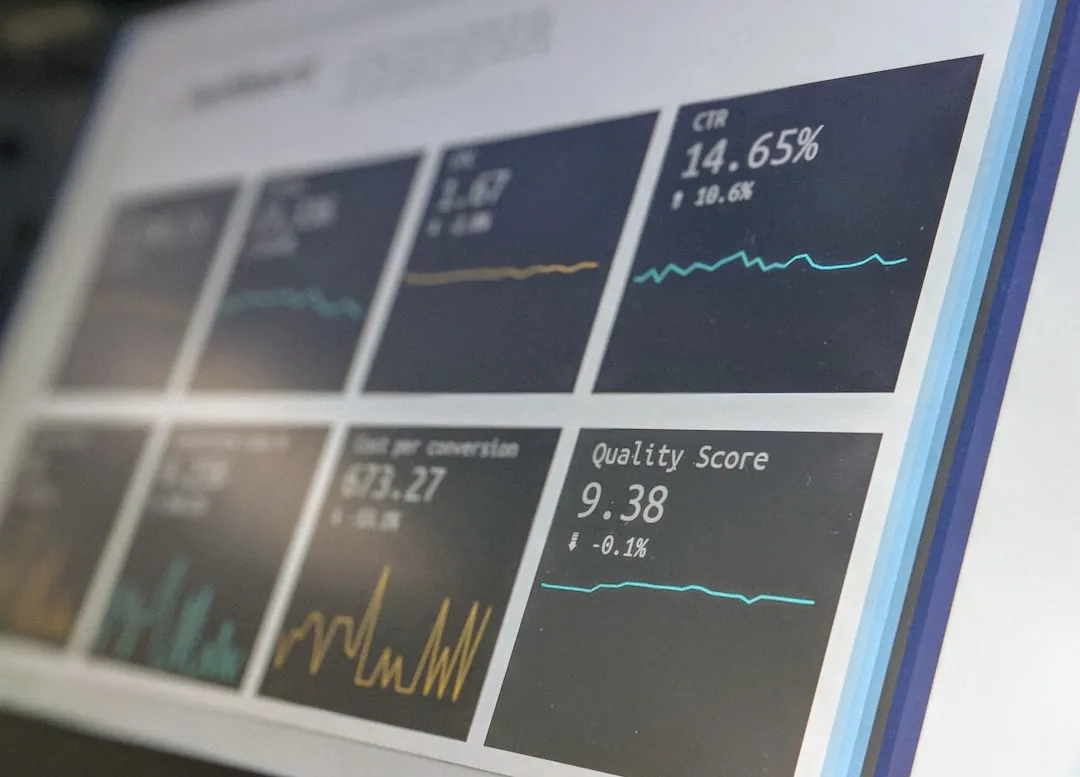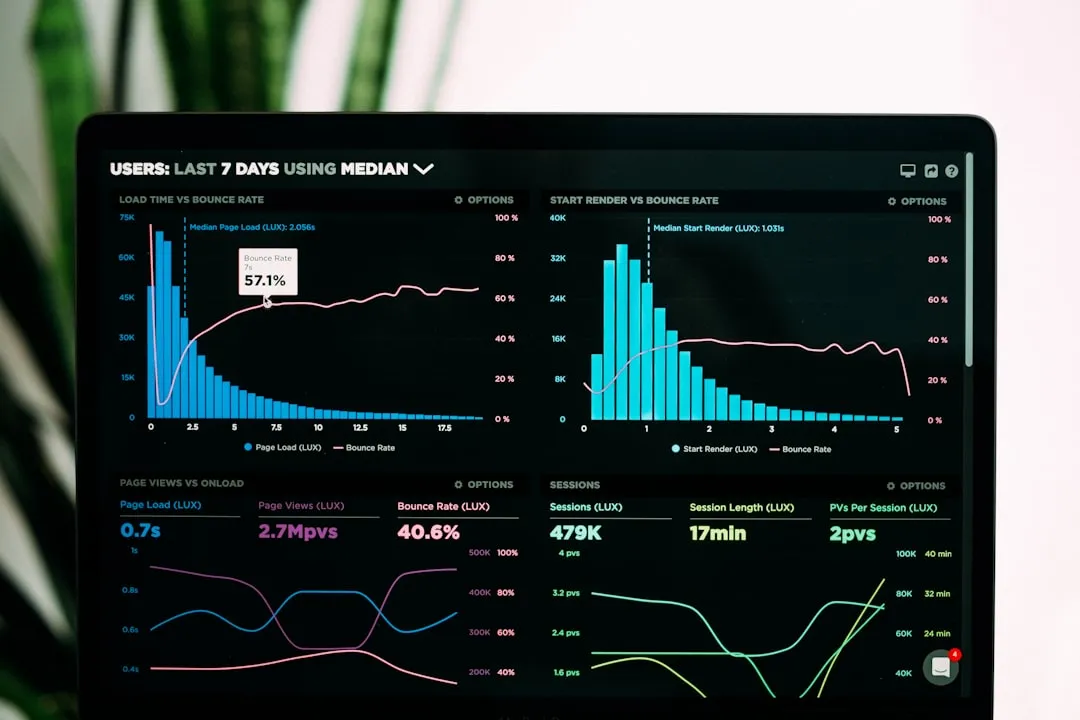Are you curious about what it takes to thrive in the world of business intelligence? If you’ve ever wondered which skills can really set you apart as a data analyst, you’re in the right place! Business intelligence (BI) is all about transforming data into actionable insights, and to do that effectively, you need a solid set of skills. Think about it: how often do you find yourself sifting through piles of data, trying to make sense of it all? Critical thinking, problem-solving, and a genuine curiosity about the numbers are essential ingredients for success in BI. These skills not only help you analyze data accurately but also empower you to tackle challenges head-on during projects. So, if you’re ready to dive deeper into what makes a great data analyst, let’s explore these key skills together and see how they can elevate your career in business intelligence!
Understanding Critical Thinking in BI
Understanding Critical Thinking in BI
Critical thinking is like the secret sauce for anyone in the business intelligence (BI) game. It’s not just about crunching numbers or creating flashy dashboards; it’s about digging deeper and asking the right questions. Here’s a breakdown of why critical thinking is essential for BI professionals.
- Analyzing Data Effectively: When you’re knee-deep in data, it can be overwhelming. Critical thinking allows you to sift through the noise and identify what really matters. You learn to look for trends, outliers, and patterns that can make a significant impact on business decisions.
- Problem-Solving Skills: Every data set comes with its own set of challenges. Whether you're dealing with missing data or discrepancies, critical thinking helps you approach problems from different angles. This mindset enables you to devise innovative solutions rather than just settling for the obvious fixes.
- Questioning Assumptions: In BI, it’s easy to fall into the trap of accepting data at face value. A critical thinker knows better. By questioning assumptions and exploring alternative explanations, you can uncover hidden insights that others might overlook.
- Communicating Insights: It’s one thing to analyze data; it’s another to convey your findings effectively. Critical thinking helps you structure your insights in a way that’s relatable. You can tell a compelling story with data, making your arguments more persuasive.
- Continuous Learning: The BI field is always evolving, with new tools and techniques emerging regularly. A critical mindset encourages a love for learning. Whether it’s picking up a new software skill or staying updated on industry trends, this curiosity can set you apart.
By honing your critical thinking skills, you not only enhance your ability to analyze data but also position yourself as a valuable asset to any organization. Remember, it’s not just about what you do with the data; it’s about how you think about it. Embrace this skill, and you’ll find yourself navigating the complexities of business intelligence with greater ease and confidence.
So, next time you dive into a data project, take a moment to engage your critical thinking skills. You might just uncover insights that change the game for your business. Happy analyzing!
The Role of Problem-Solving in Data Analysis
When it comes to data analysis, problem-solving is like the backbone that supports everything else. Whether you're working with complex datasets or trying to make sense of trends, having strong problem-solving skills can elevate your analysis game. Let's dive into how problem-solving plays a crucial role in data analysis.
- Identifying Issues: The first step in any data analysis is spotting the problems. This could mean recognizing inconsistencies in the data or understanding that some variables may not be behaving as expected. A good problem-solver can quickly pinpoint these issues, making it possible to address them before they skew your analysis.
- Developing Hypotheses: Once you've identified issues, the next step is forming hypotheses. Problem-solving involves asking "why" and "what if," which leads to deeper investigations. This curiosity helps you explore different scenarios and their potential impacts on your findings.
- Testing Solutions: In data analysis, it’s not enough to just come up with ideas; you need to test them. This might involve running different analyses or applying various statistical methods to see which provides the most accurate insights. Problem-solving skills enable you to experiment confidently, learning from both successes and failures.
- Iterating on Findings: Data analysis is rarely a one-and-done task. Often, you’ll need to revisit your findings as new data comes in or as business needs change. A solid problem-solving approach helps you adapt your analysis accordingly, ensuring that you remain relevant and effective.
- Collaborating with Others: Problem-solving is not just an individual sport. Often, you’ll need to team up with others to tackle complex data challenges. Effective communication and collaboration can lead to innovative solutions that you might not have thought of alone.
In summary, problem-solving is a vital skill that enhances your ability to analyze data effectively. It allows you to approach challenges methodically, leading to more meaningful insights and better decision-making. So, the next time you face a complex data issue, remember that your problem-solving skills are your best ally. Embrace them, and you'll find yourself uncovering valuable insights that can truly make a difference. Happy analyzing!
Fostering Curiosity for Better Insights
Fostering curiosity is like adding rocket fuel to your data analysis. When you let your curiosity run wild, it opens up a treasure chest of insights. Let’s break down why curiosity is essential and how you can cultivate it for better analysis.
- Asking Questions: Curiosity starts with questions. Instead of just accepting data at face value, dig deeper. Ask yourself, “Why does this trend exist?” or “What factors could be influencing this outcome?” This mindset leads to richer analysis and often uncovers hidden patterns.
- Exploring Alternatives: A curious analyst doesn’t settle for the first solution. They explore multiple angles and consider various methodologies. This exploration enhances creativity and can lead to innovative solutions that standard approaches might miss.
- Learning Continuously: Embrace a growth mindset. Stay updated with the latest tools, techniques, and theories in data analysis. This not only improves your skill set but also fuels your curiosity to explore new avenues in your work.
- Connecting the Dots: Curiosity helps you link seemingly unrelated data points. By looking at the broader picture, you can identify correlations that others might overlook. This holistic approach can lead to groundbreaking insights that drive impactful decisions.
- Encouraging a Collaborative Environment: Curiosity thrives in a culture of collaboration. Encourage team members to share their insights and questions. A collaborative atmosphere can spark new ideas and perspectives, ultimately leading to more comprehensive analyses.
In conclusion, fostering curiosity is a game-changer in data analysis. It transforms the way you approach problems, pushing you to seek deeper insights and more innovative solutions. By asking questions, exploring alternatives, and connecting with others, you can elevate your analysis to new heights. So, let curiosity be your guide, and you’ll discover insights that not only enhance your work but also contribute to smarter decision-making. Happy exploring!
How to Develop These Essential Skills
Developing essential skills is a journey that can significantly enhance your personal and professional growth. Let's dive into some practical ways to cultivate these skills effectively.
- Embrace a Growth Mindset: Start by shifting your perspective. Believe that skills can be developed with effort and practice. This mindset opens the door to continuous learning and improvement, making it easier to tackle challenges head-on.
- Set Clear Goals: Define what skills you want to develop. Whether it’s communication, leadership, or technical abilities, having specific goals helps you stay focused. Break these goals down into smaller, manageable steps to track your progress.
- Seek Feedback: Don’t shy away from constructive criticism. Actively ask for feedback from peers or mentors. This input not only highlights areas for improvement but also provides fresh perspectives that can guide your development.
- Practice Regularly: Consistency is key when developing skills. Set aside time each week to practice. Whether it’s through workshops, online courses, or real-life applications, regular practice solidifies your learning and boosts your confidence.
- Network and Collaborate: Surround yourself with individuals who share similar goals. Engaging with others can expose you to new ideas and techniques. Collaborating on projects allows you to apply your skills in diverse settings, reinforcing what you’ve learned.
- Reflect on Your Experiences: Take time to reflect on your learning journey. Consider what strategies worked, what didn’t, and how you can improve. Reflection fosters deeper understanding and helps you retain knowledge more effectively.
By focusing on these areas, you can create a solid foundation for developing essential skills. Remember, the key is to stay curious and open-minded. Each step you take not only brings you closer to your goals but also enriches your overall experience. So, get out there and start honing those skills—your future self will thank you!
What tools can help enhance business intelligence skills?
When it comes to enhancing your business intelligence (BI) skills, there are plenty of tools out there that can help you level up. Let’s explore some of the most effective options that can make a significant difference in your BI journey.
- Data Visualization Tools: Tools like Tableau, Power BI, and Google Data Studio allow you to transform raw data into visually appealing dashboards. These platforms make it easier to understand complex data sets and share insights with your team, boosting your analytical skills in the process.
- SQL and Database Management: Learning SQL (Structured Query Language) can be a game changer. Platforms like MySQL, PostgreSQL, or even cloud-based solutions like Amazon RDS can help you dive deep into data manipulation. Understanding how to query databases enhances your ability to extract valuable insights from data.
- Statistical Analysis Software: Tools such as R and Python (with libraries like Pandas and Matplotlib) are fantastic for performing complex analyses. Mastering these can sharpen your quantitative skills, allowing you to interpret data trends more effectively.
- Business Intelligence Platforms: Solutions like SAP BusinessObjects and IBM Cognos offer comprehensive BI functionalities that enable you to generate reports, conduct in-depth analysis, and make data-driven decisions. Familiarizing yourself with these platforms can significantly enhance your strategic thinking.
- Online Learning Platforms: Websites like Coursera, Udemy, and LinkedIn Learning provide access to courses on BI tools and techniques. Continuous learning through structured courses can keep your skills up to date and introduce you to new methodologies.
- Networking and Forums: Engaging with communities on platforms like LinkedIn, Reddit, or specialized BI forums can expose you to best practices and real-world use cases. Networking with professionals in the field can provide insights that are often not found in textbooks.
By leveraging these tools, you're not just enhancing your BI skills; you're setting yourself up for greater career opportunities. Each tool offers unique benefits, so exploring a combination that fits your learning style and professional needs is key. As you integrate these resources into your routine, you'll find that your ability to analyze and interpret data improves significantly, making you an invaluable asset in any business environment. So, dive in and start experimenting—your BI skills are waiting to blossom!
How does communication factor into business intelligence success?
Communication plays a pivotal role in the success of business intelligence (BI). It’s not just about collecting and analyzing data; it’s about sharing insights and fostering a culture of informed decision-making. Here’s how effective communication can elevate your BI efforts:
- Data Sharing: Clear communication ensures that insights derived from BI tools are effectively shared across the organization. When data is presented in an understandable way, team members can grasp the findings quickly and apply them to their work, enhancing overall productivity.
- Collaboration: BI isn't a solo endeavor. By encouraging open dialogue among departments, you can harness diverse perspectives that enrich data interpretation. When teams collaborate, they can uncover insights that may not be visible from a single viewpoint, leading to more robust strategies.
- Feedback Loops: Establishing effective communication channels allows for continuous feedback on BI processes and outcomes. This feedback is essential for refining data strategies and tools, ensuring they meet the evolving needs of the business.
- Storytelling with Data: Transforming raw data into compelling narratives is a skill that enhances understanding and retention. When insights are communicated through storytelling, they resonate more with stakeholders, making it easier to drive action based on data.
- Training and Development: Regular communication about BI tools and techniques through workshops or training sessions can elevate the entire team's BI proficiency. Keeping everyone informed about new tools and methods ensures that the organization remains competitive and agile.
- Building Trust: Transparent communication regarding data sources, methodologies, and findings fosters trust among team members. When stakeholders understand the integrity of the data, they are more likely to rely on BI insights for decision-making.
In summary, integrating strong communication practices into your BI strategy can significantly enhance its effectiveness. By ensuring that data insights are shared, understood, and acted upon, organizations can leverage their BI capabilities to achieve strategic goals. So, prioritize communication within your BI initiatives. You’ll not only improve understanding and collaboration but also drive better business outcomes. The journey to successful BI is as much about people as it is about data!
In conclusion, thriving in the world of business intelligence requires a blend of critical skills that can truly set you apart. By honing your critical thinking, you learn to analyze data effectively, question assumptions, and communicate insights persuasively. Problem-solving enhances your ability to identify issues, develop hypotheses, and adapt your analyses as new data emerges. Coupled with a strong sense of curiosity, you can explore deeper insights and innovative solutions that drive impactful decisions. Developing these skills is not just about individual growth; it's about fostering a collaborative culture where insights are shared and understood across the organization. By leveraging tools, seeking continuous learning, and prioritizing communication, you can elevate your BI capabilities and position yourself as a valuable asset in any business setting. So, embrace these essential skills, and watch your career in business intelligence soar! Happy analyzing!











